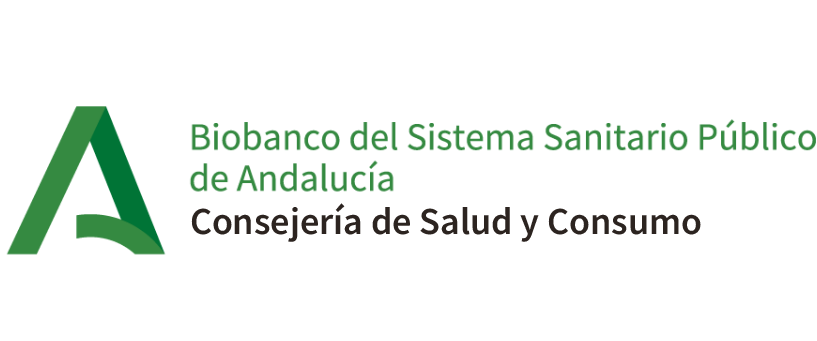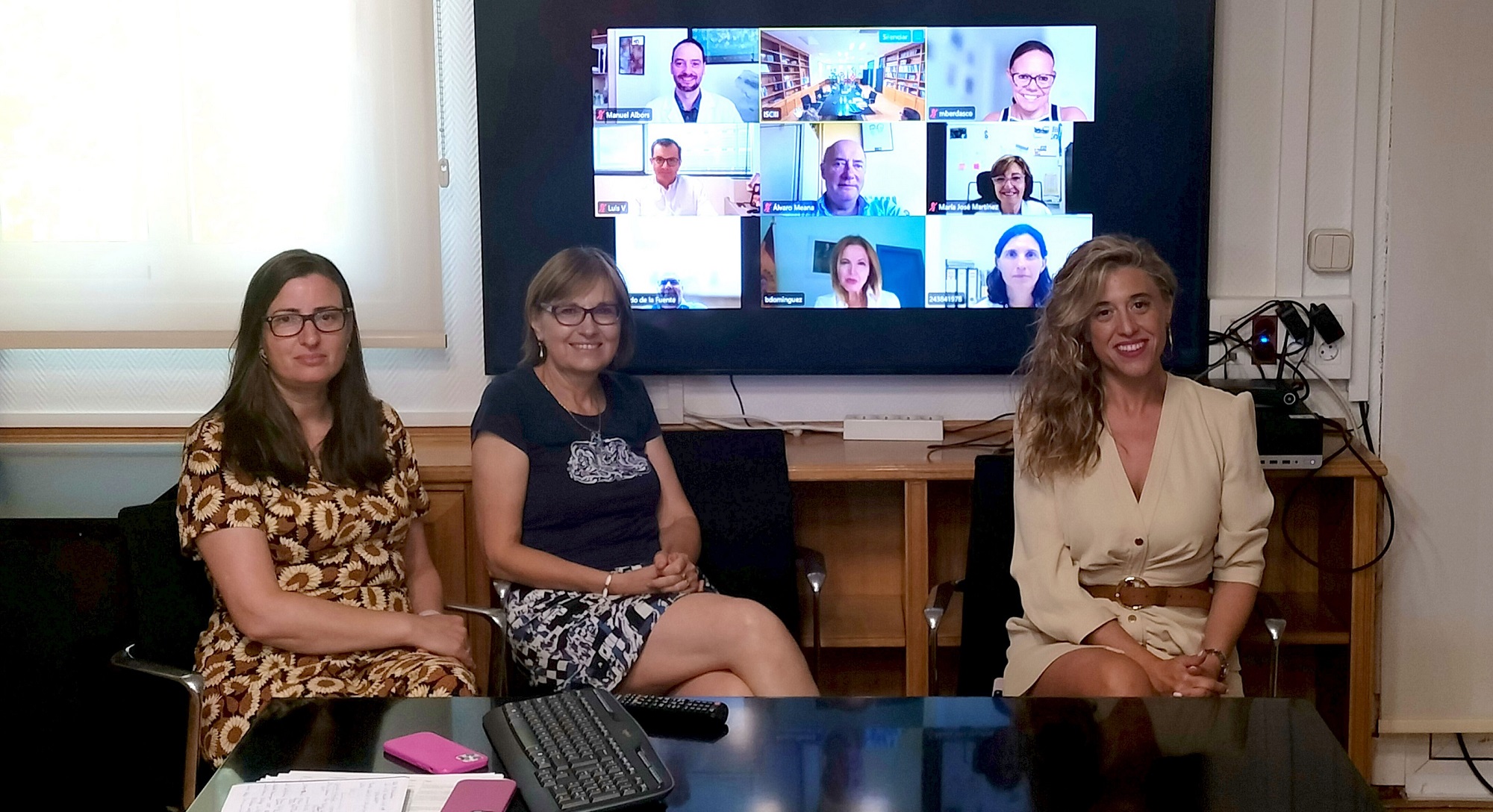Renewed the Commissions of Guarantees of Human Cells and Tissues and the National Bank of Cellular Lines, of the ISCIII
The Carlos III Health Institute (ISCIII) has reported on the renewal of the composition of the Guarantees Commissions for the Donation and Use of Human Cells and Tissues and the National Bank of Cellular Lines, two of the main national commissions created in the Law of Biomedical Research to reinforce R&D&I in health in Spain and guarantee the availability and good use of human biological samples.
Both commissions depend on and are coordinated by the Carlos III Health Institute (ISCIII), as an agency dependent on the Ministry of Science, Innovation and Universities.
The Commission of Guarantees for the Donation and Use of Human Cells and Tissues, created in the Biomedical Research Law to evaluate R&D&I projects with cells and tissues of human origin and advise on research with human embryonic biological samples, has as The objective is to ensure scientific, ethical and legal guarantees in the aforementioned field of biomedical research.
In addition, it issues mandatory reports on research projects and activities that deal with, among other issues, human pre-embryos for the derivation of cell lines; embryological research, except assisted reproduction techniques; human embryonic stem cells; activation of oocytes through nuclear transfer, and any technique that, using biological samples of human origin, allows obtaining stem cells.
The Commission is chaired by Marina Pollán, as director of the ISCIII, while the deputy director of research in Cellular Therapy and Regenerative Medicine of the Institute, Noa Laguna, acts as secretary.
After the latest changes, the current composition of the Commission is completed by six people appointed by the Interterritorial Council of the SNS (Francisco José del Río Gallegos, María Josefa Martínez Lorenzo, Luis Vivanco Sierralta, Manuel Albors Ferreiro and Inés Gómez Seguí); two representatives of the Ministry of the Presidency, Justice and Relations with the Cortes (Escarlata Gutiérrez Mayo and Fernando de la Fuente Honrubia); two people from the Ministry of Health (Álvaro Meana Infiesta and Beatriz Domínguez-Gil González) and two representatives from the Ministry of Science, Innovation and Universities (the director of the ISCIII, Marina Pollán, and María Berdasco Menéndez).
Regarding the National Bank of Cell Lines, it is a network structure whose objective is to guarantee throughout the national territory the availability of embryonic human stem cell lines and pluripotent cell lines for biomedical research. Its operation is attached to the ISCIII through the General Subdirectorate of Research in Cellular Therapy and Regenerative Medicine, and it has three nodes (currently in Barcelona, Valencia and Granada) coordinated by a central one (the ISCIII).
After its renewal, the Technical Commission of the National Bank of Cellular Lines is made up of the deputy director of the ISCIII Noa Laguna; the researchers of the Rosario Perona Institute and Pilar Martín Duque; Rocío Aguilar Quesada, from the Biobank of the Andalusian Public Health System (BSSPA); Anna María Veiga Lluch and Ángel Raya Chamorro, from the Bellvitge Biomedical Research Institute (IDIBELL); Slaven Erceg, from the Príncipe Felipe Research Center of Valencia (CIPF); Dolores Hernández Maraver, from the National Transplant Organization (ONT); Joaquín Sarrión Esteve, from the National University of Distance Education (UNED), and Francisco Martín Molina, from the Center for Genomics and Oncological Research of Granada (GENYO).
Source: Medical Editorial and ISCIII


